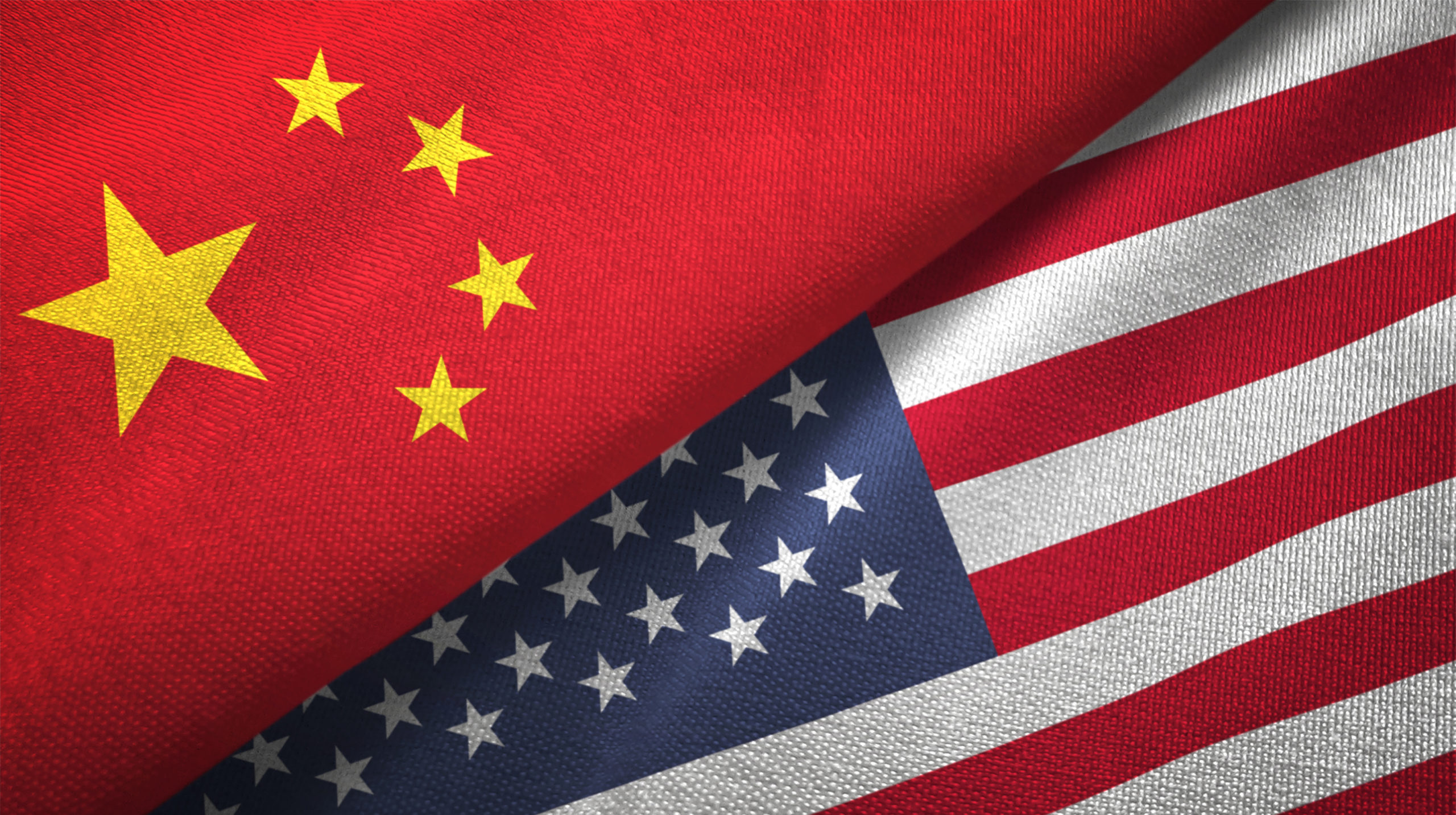One platform of President Trump’s campaign encouraged a shift to self-reliance with goods and services domestically manufactured in America. One tool he has used to advance that goal is increasing trade tariffs on China. The increases were scheduled for this past December, however, they have been suspended after the U.S. and China agreed to a new phase that provided concessions from each country. As a result, uncertainty overshadowing the interim trade agreement partially reached with China in October has been relieved.
The tariff increase would’ve affected many American consumers. Some of those effects are obvious: the prices of household goods, for example, could drastically rise. But our problems with China will not be solved by tariff concessions.
Less obvious than the trade imbalance is the impact on China’s continuous theft of our intellectual property (IP). China steals our IP with impunity. While IP theft may not sound like a matter of great concern to many, it covers everything from the likeness of a popular new toy to innovative scientific and technological research. Virtually everything your mind creates is intellectual property. Stealing it is a serious offense. No one questions that China is among the world’s worst IP thieves.
There is serious money involved China’s theft of IP. The time spent developing cutting-edge technologies or curating research by our engineers and scientists translates to real dollars. One glaring example occurred earlier this year when indictments were unsealed concerning Chinese telecom company Huawei’s successful espionage scheme to steal T-Mobile’s superior phone testing bot. T-Mobile estimated lost profits and punitive damages totaled roughly $502 million. However, these acts don’t stop at America’s big corporations; they are also in our schools.
The FBI is reaching out to universities across the country concerning foreign study programs with China. These efforts came about in the wake of a University of Kansas researcher’s indictment on charges of working for a Chinese university full time while accepting thousands in U.S. federal grants. A Texas professor was recently arrested in a trade secret case over circuit board fraud. While IP theft by China has been happening for years, the recent and rapid advancement of technology on university campuses has made private information a serious target more easily stolen.
If competing countries can gain access to classified technological and scientific research at the level of theft we see in China, there’s no telling what other sensitive information is subject to breach.
In the latest agreement that forestalled application of the December tariff increases, China promised to address IP theft. Can we trust them? No one should be laboring under the impression that China is an honest regime. They are common thieves who have stolen billions from us.
Let’s hope the Trump Administration assures that China keeps its word. But for me, I’m not holding my breath.
